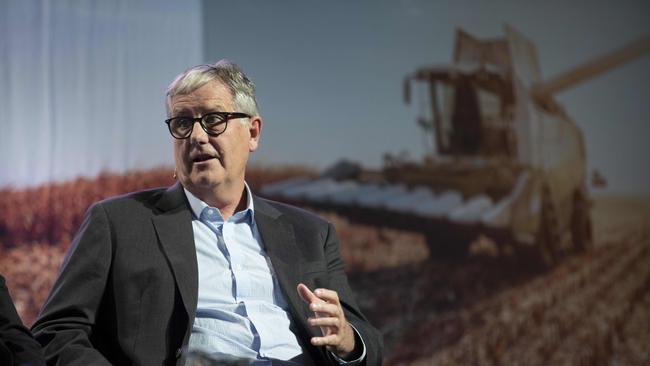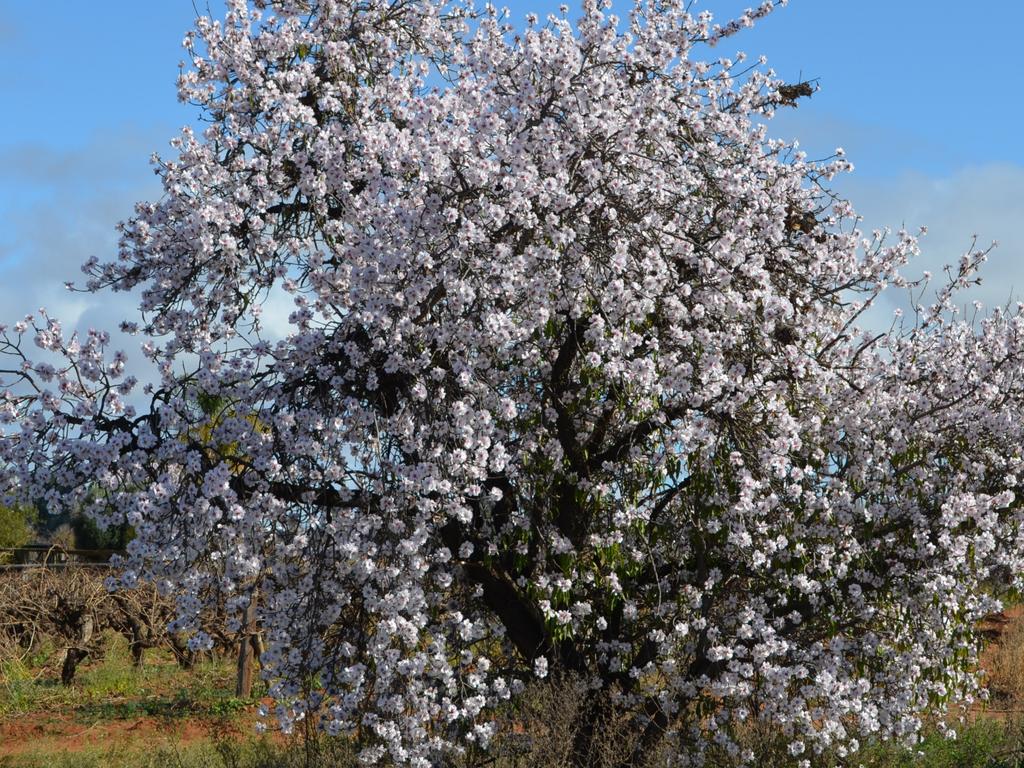Beehive lockdown threatens to disrupt Select Harvest’s almond pollination
With pollination weeks away, the company has deployed alternative strategies to protect its operations from the varroa mite outbreak.

ASX-listed almond producer Select Harvests is warning a lockdown of NSW’s beekeeping industry, following the detection of varroa mite in hives around Newcastle, threatens to disrupt the pollination of almost half its orchards.
The company is 100 per cent reliant on bees to complete pollination across it almonds orchards which happens in the last three weeks of August. It rents about 50,000 hives from beekeepers during this period.
But the movement of hives has been banned within NSW after varroa mite was detected at sentinel beehives near the Port of Newcastle last week.
Bees are now being exterminated in the state to contain the spread of the parasite, which has been detected across seven properties, and could cost Australia $70m each year if it is not stopped.
The outbreak threatens to disrupt Australia’s $12.2bn horticulture industry, with companies such as Select Harvests – which has a market value of $637.4m – relying on bees for pollination and producing commercial crops.
Select Harvests chief executive Paul Thompson said the pollination of about 44 per cent of Select Harvest’s orchards face potential disruption from the varroa mite outbreak. The company’s shares fell 3.4 per cent to $5.09 in afternoon trade on Wednesday compared with a 0.7 per cent drop across the broader share market.
“Clearly this is an extremely serious issue for Select Harvests and Australia’s food security. We have every confidence that the national eradication program will contain the incursion and pollination services will be provided from NSW hives,” he said.
“Both the government and industry understand the need to support pollination services as they did during Covid. In the event the incursion does not get contained, it will impact Select’s 2023 crop pollination.”
Select Harvest had been forecasting to harvest an almond crop of 29,630 tonnes – a 4.9 increase compared with last year.
Australia is the only country to successfully contain varroa mite outbreaks, halting infestations at the Port of Townsville in 2019 and 2020.
While Mr Thompson was confident authorities could eradicate the parasite again, he said Select Harvests was deploying several mitigation strategies, including sourcing additional hives and reviewing hive density in orchards.
He said the company would also reduce costs, like reviewing its fertiliser use to match potential yield.
The varroa mites were first detected in sentinel beehives near the Port of Newcastle last Wednesday, with an initial 50km radius biosecurity control order issued for the area on Friday.
Hives in the immediate 10km emergency zone were being eradicated, while bees at a property near Trangie in the Central West were also to be euthanised due to potential contamination.
Agriculture Minister Dugald Saunders said the expansion of the biosecurity zones was not cause for alarm and showed the surveillance system was doing its job to stay on top of the parasite.
The movement of all beehives in NSW has since been banned without authorisation. Mr Thompson was hopeful that this ban would be lifted in areas within the state far from the exclusion zones. If this happened, Select Harvests would be able to source more hives.
“The federal and state governments, in consultation with the key industry bodies, are reviewing the establishment of a certification system similar to the process used during Covid, allowing bees to freely move between Queensland, Victoria and South Australia in order to allow apiarists to provide pollination service to agricultural crops. It is hoped this will extended to unaffected regions of NSW, once the standstill order has been lifted,” Mr Thompson said.
About 2700 hectares, or 29 per cent, of Select Harvests orchards are within NSW and affected by the hive lockdown. An additional 1000 hectares, or 11 per cent of the company’s orchards, are dependent on NSW bee hives, while 400 hectares, or 4 per cent, rely on Queensland hives.
If authorities fail to contain the spread, Mr Thompson said varroa mite was not like fruit fly or foot and mouth disease where affected produce cannot be exported.
“The rest of the world is pollinating with varroa mite in its communities. What you need to do is manage hives differently.
“The varroa mite itself very rarely wipes out a hive totally, but it does weaken the hives and makes them more susceptible to other diseases which potentially could wipe out the hive. Apiarists need to been much more careful with the way they manage their hives so they are not exposed to diseases.
“This is clearly possible because the almond industry in America which is 10 times Australia’s almond industry has the same dependency on bees.”
Jay Iwasaki, an ecologist from University of Adelaide, said varroa “will make life more complicated for beekeepers and agriculture”. “Without early detection, it’s nearly impossible to prevent varroa from spreading to feral honey bees and the rest of Australia. New Zealand has just had a very similar experience, including similar biosecurity protocols, but had better success for a time thanks to geographic barriers,” Dr Iwasaki said.
“However, even if this incursion is snuffed out, the global nature of trade will continually bring infested honey bees to Australia – which happens relatively frequently from hives that happen to establish on ships or in shipping containers.”







